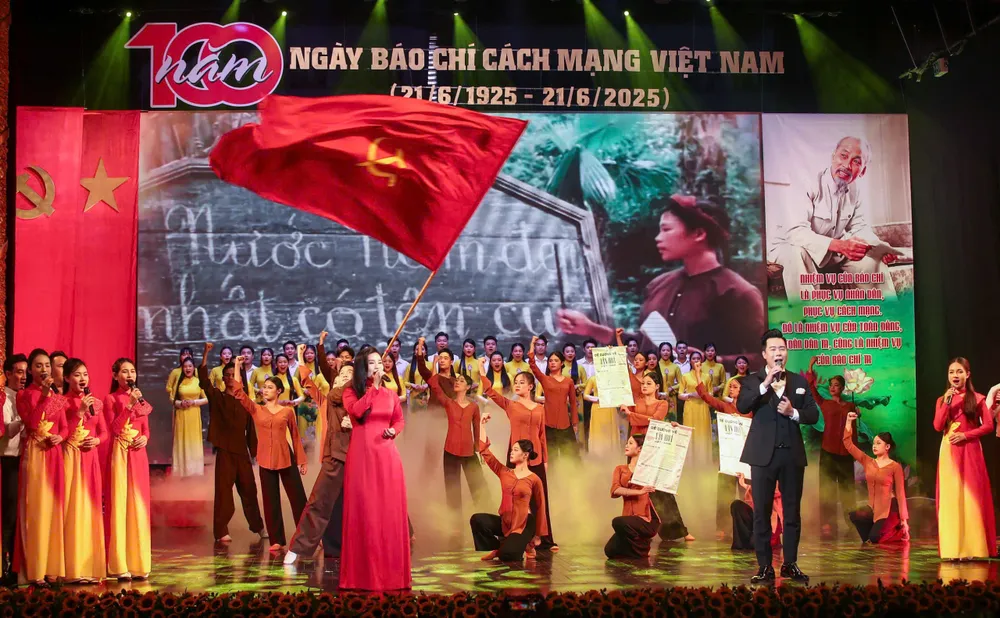
Culture is the spiritual foundation and strength that accompanies the nation.
In the Outline of Vietnamese Culture (1943), our Party identified culture as a front, and cultural workers as soldiers. Since then, culture has become a spiritual strength to encourage the entire nation to rise up for independence, contributing to the victory of the August Revolution in 1945 and the birth of the Democratic Republic of Vietnam. On August 28, 1945, the Ministry of Information and Propaganda (the predecessor of today's Ministry of Culture, Sports and Tourism) was established, marking an important milestone, opening the journey of 80 years of the cultural sector accompanying the nation.
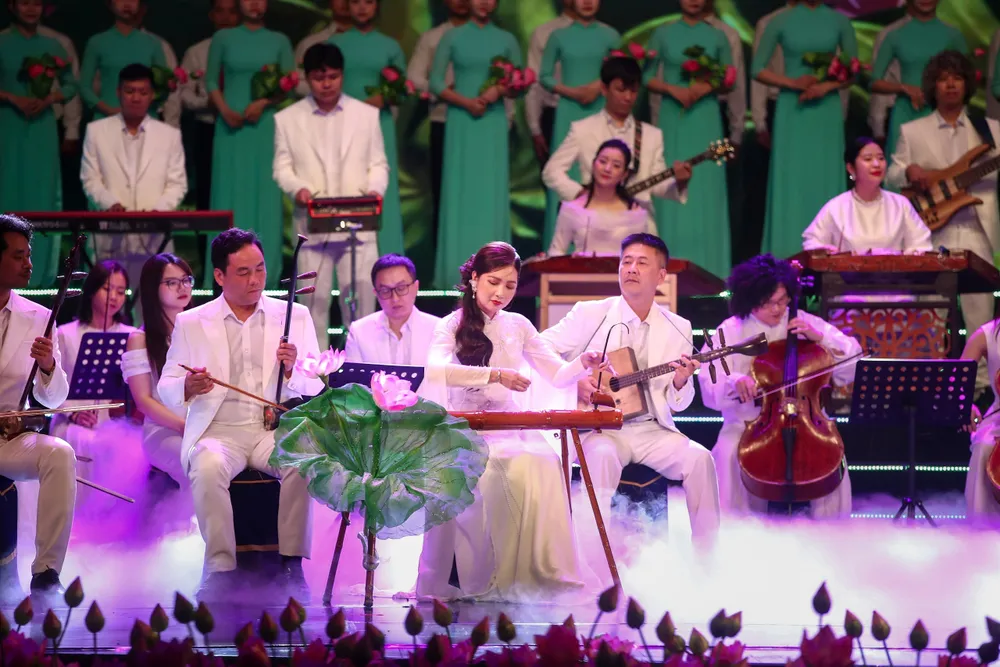
In the two resistance wars against colonialism and imperialism, culture was truly a “sharp weapon on the ideological front”, encouraging the entire people to be steadfast and determined. The resistance art movements, musical works, paintings, and poems became the belief, strength, and nurtured the aspiration for national liberation.
After the country's reunification (1975), the cultural sector once again took on the mission of healing the wounds of war, restoring the people's spiritual life, and arousing confidence in building the country. During the renovation process, many cultural movements were widely deployed, typically such as the People Unite to Build a Cultural Life, Good People - Good Deeds, the Healthy for the Country movement, etc., creating a strong influence, nurturing the people's spiritual life.
The Party and the State always affirm the special position of culture. Resolution of the 5th Central Committee, Session VIII (1998) clearly stated: "Culture is the spiritual foundation of society, both the goal and the driving force for socio -economic development". Next, Resolution 33-NQ/TW (2014) affirmed the task of building and developing Vietnamese culture and people to meet the requirements of sustainable national development. The document of the 13th National Party Congress once again emphasized the requirement of "arousing the aspiration to develop a prosperous and happy country" on the basis of culture.
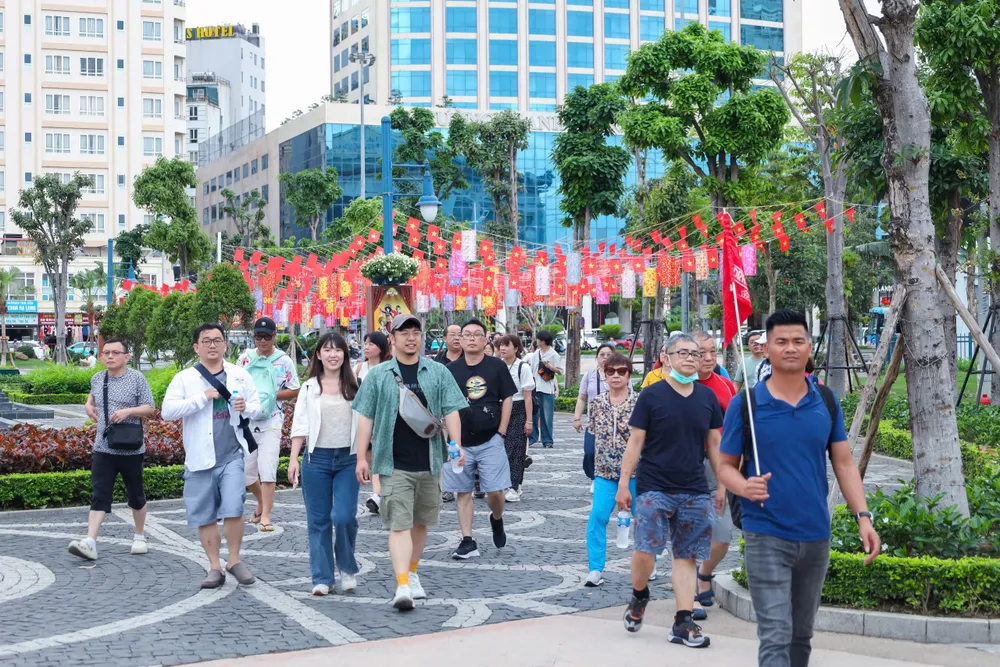
With the attention of the Party and State, in 80 years, the cultural sector has made great strides: preserving and promoting the treasure of national cultural heritage; many tangible and intangible heritages have been honored by UNESCO such as Hue Royal Court Music, Ca Tru, Quan Ho Folk Songs, Mother Goddess Worship, Bai Choi Art... This is both a source of pride and a responsibility to continue to preserve and pass on to future generations.
Culture does not stop at preservation, but also goes hand in hand with socio-economic development. The fields of performing arts, cinema, fine arts, advertising, cultural tourism, etc. have gradually formed a cultural industry, contributing increasingly clearly to GDP growth, creating jobs, and spreading the image of a friendly and dynamic Vietnam to the world.
Looking back over 80 years, the cultural sector has demonstrated its role in “lighting the way for the nation” as Uncle Ho advised. Culture is both a solid spiritual foundation and an endogenous driving force, contributing to helping the nation overcome difficulties and affirm its mettle and position in the new era.
Aspiration to create and contribute in the new era
Entering a new stage of development, Vietnamese culture is facing both opportunities and challenges. Globalization, the 4.0 industrial revolution, and the explosion of digital technology are opening up new creative spaces, while also posing urgent demands for protecting and promoting national cultural identity.
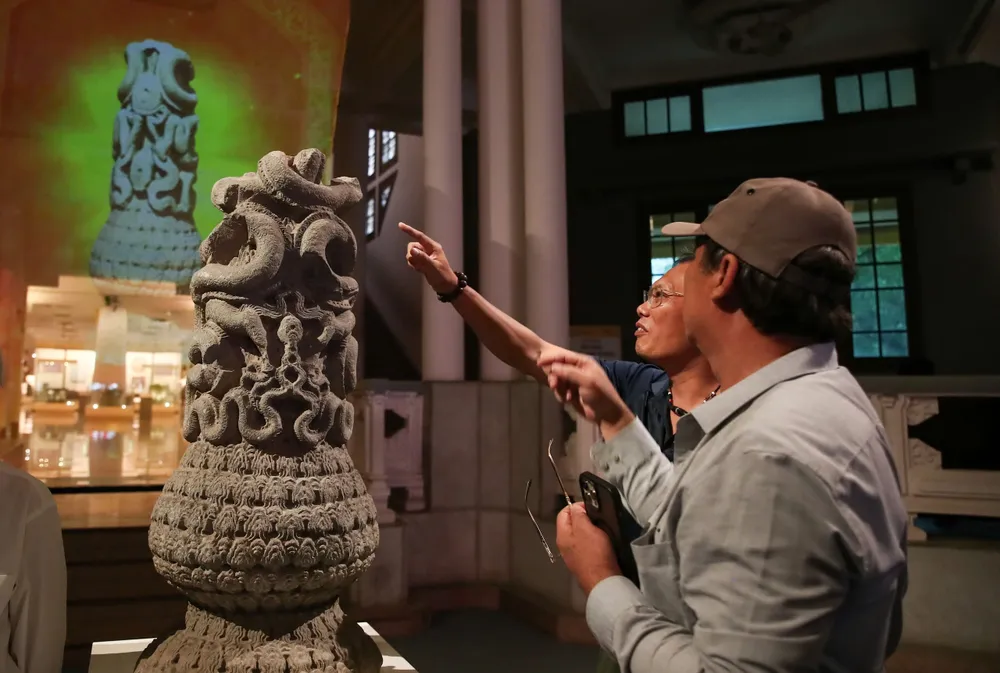
Today's creative and dedicated aspirations are a continuation of the 80-year tradition, but with a new approach. The Culture sector is strongly implementing digital transformation: digitizing heritage, building virtual museums, applying virtual reality technology in performing arts, promoting Vietnam's image on digital platforms. This is a clear demonstration of dynamic and creative adaptation, helping Vietnam's heritage and culture to get closer to the world, especially the younger generation.
Developing cultural industries is identified as one of the new growth drivers. The strategy for developing Vietnam's cultural industries by 2030 aims to make culture a key economic sector, contributing about 7% of GDP. This is both a driving force and a great aspiration, requiring the joint efforts of intellectuals, artists, creative businesses and the entire population.
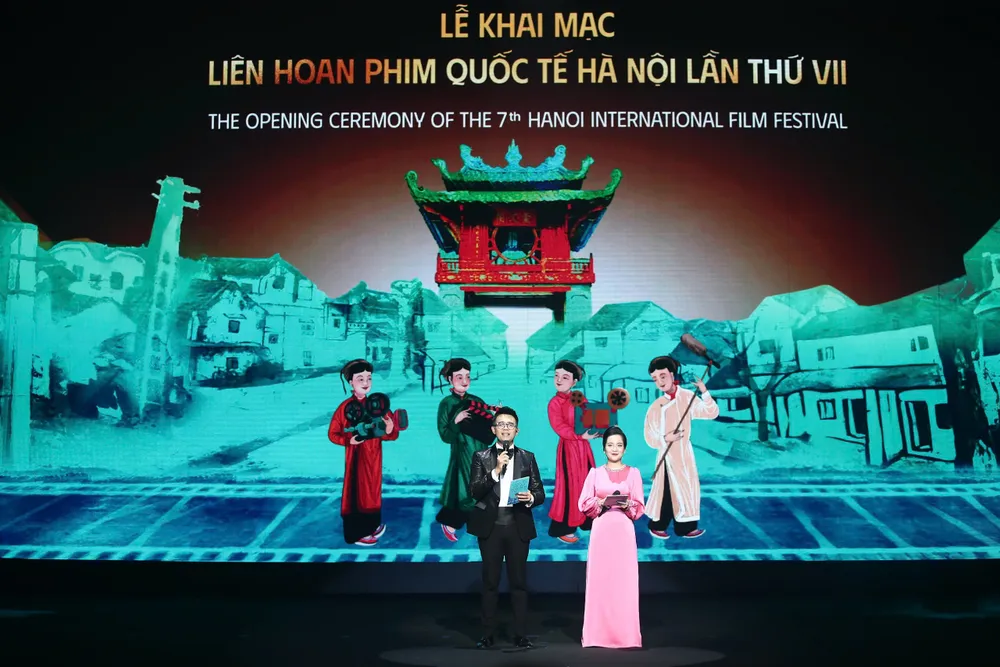
The desire for creativity is also reflected in arousing national pride and educating the younger generation. Literary and artistic works, media programs, films, books, historical plays about the August Revolution, National Day September 2, President Ho Chi Minh and the heroic martyrs continue to foster ideals, strengthen beliefs, and foster patriotism. This is a practical contribution to the nation's longevity.
The Culture sector also always attaches importance to national solidarity. By promoting the cultural identity of 54 ethnic groups, taking care of building grassroots cultural life, creating a space for community cultural activities, culture becomes a bridge connecting all classes of people. Especially, for the Vietnamese community abroad, cultural exchange and promotion programs have affirmed the enduring vitality of the origin, helping overseas Vietnamese turn to the Fatherland.
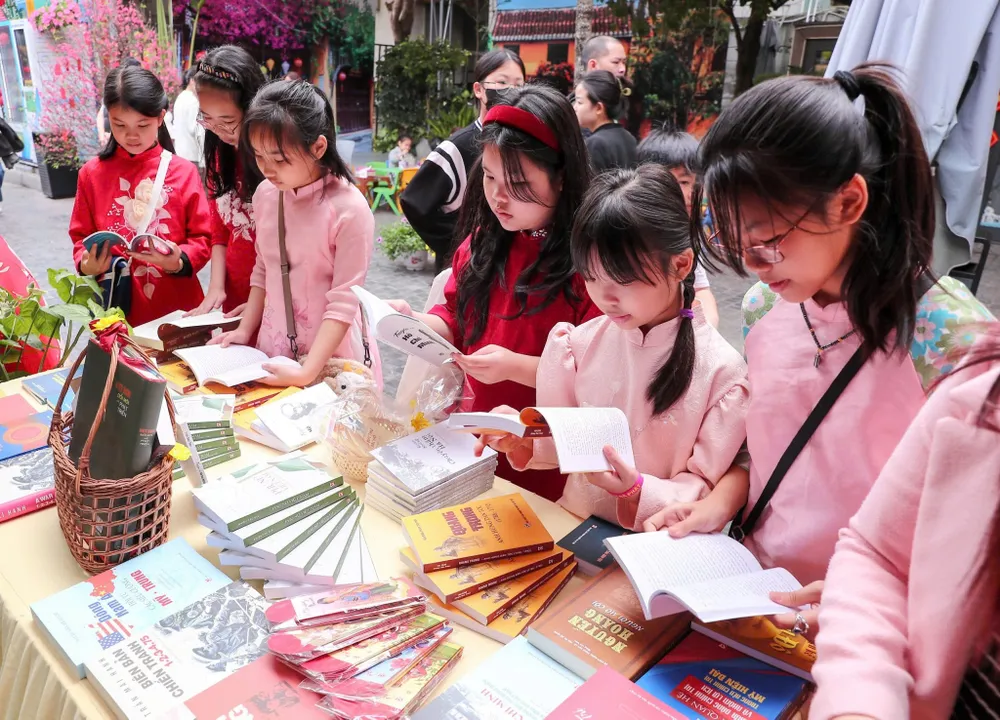
In the new era, the Culture sector is also assigned the task of managing the press, publishing, and media, further expanding its role on the ideological front. This is both an honor and a heavy responsibility, requiring constant innovation and creativity.
The 80th anniversary of the Culture sector is an opportunity to pay tribute to generations of contributions, and at the same time, to arouse the creative aspirations of the whole society. That is the aspiration to build an advanced Vietnamese culture, imbued with national identity; a culture with enough internal strength for the country to develop sustainably, and enough influence for Vietnam to affirm its position in the international arena.
Source: https://www.sggp.org.vn/khat-vong-sang-tao-cong-hien-cho-su-truong-ton-cua-dan-toc-post809414.html



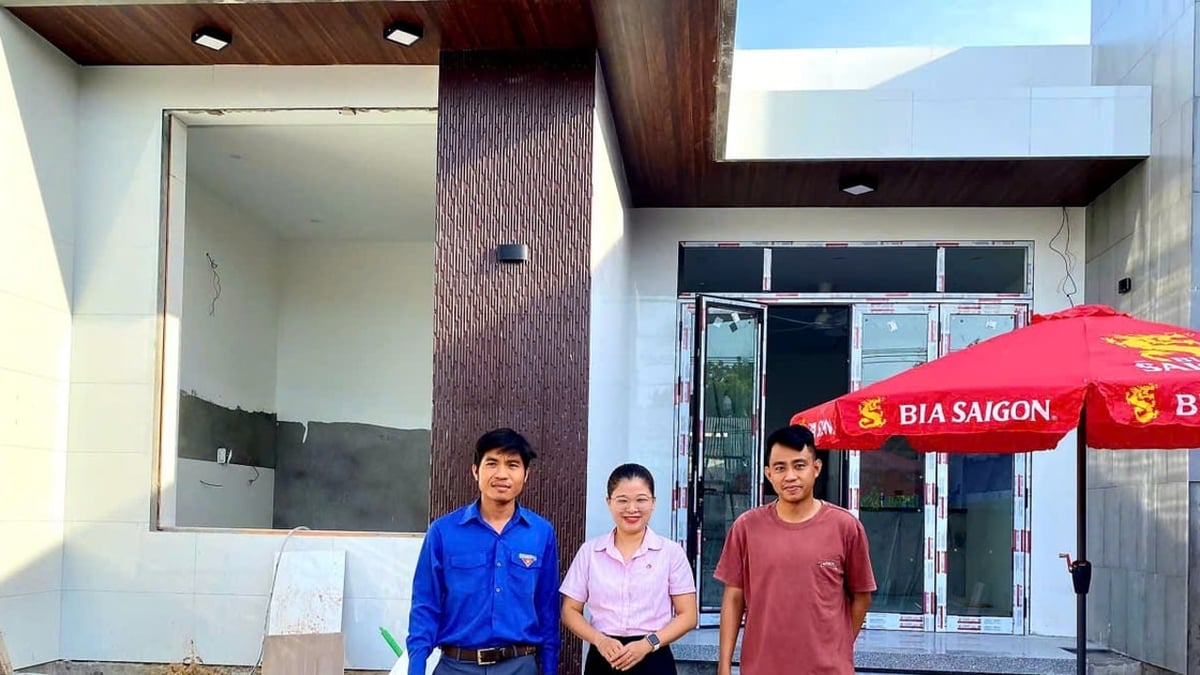

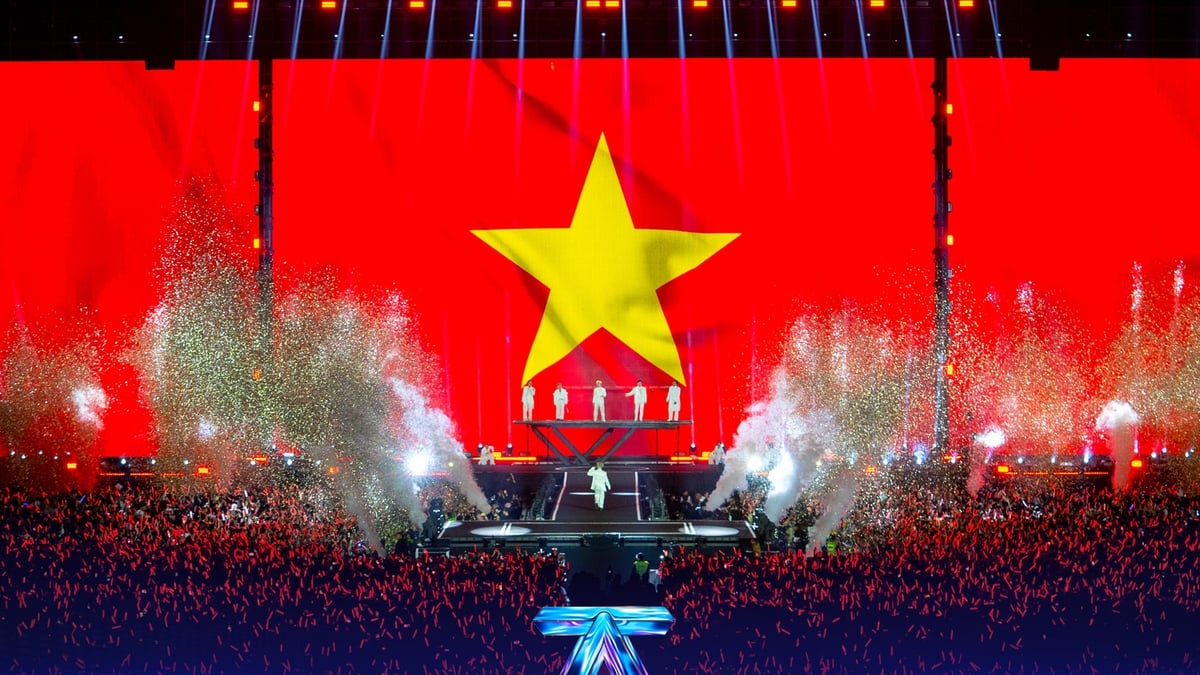
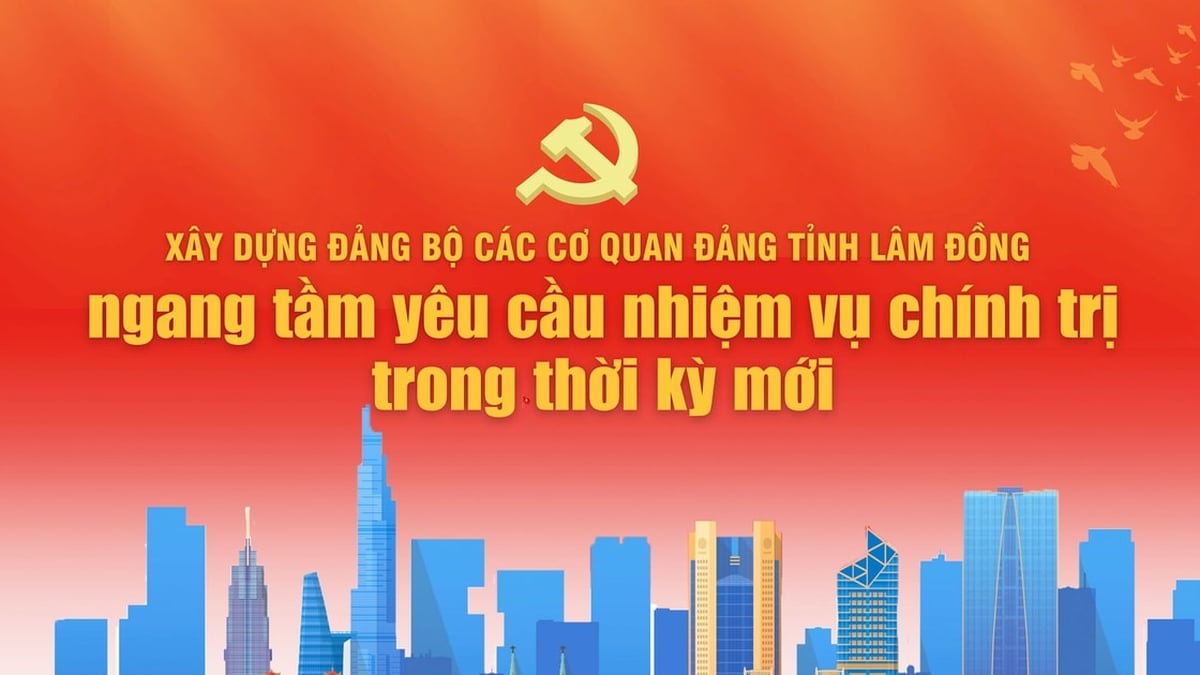

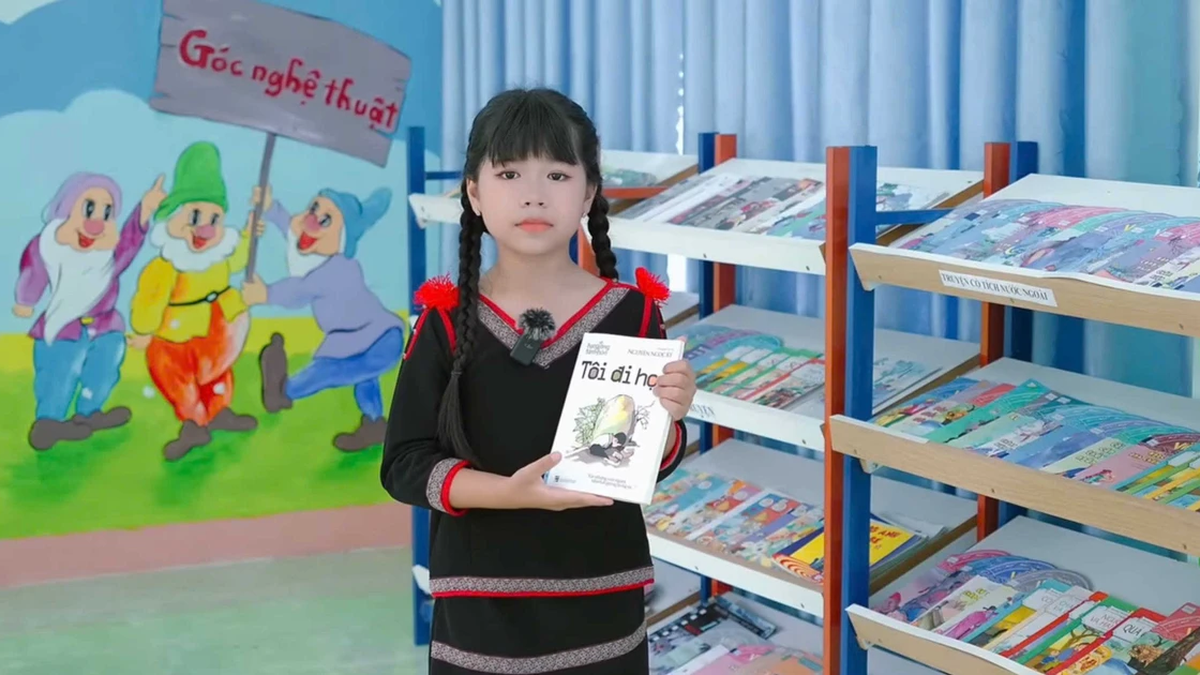


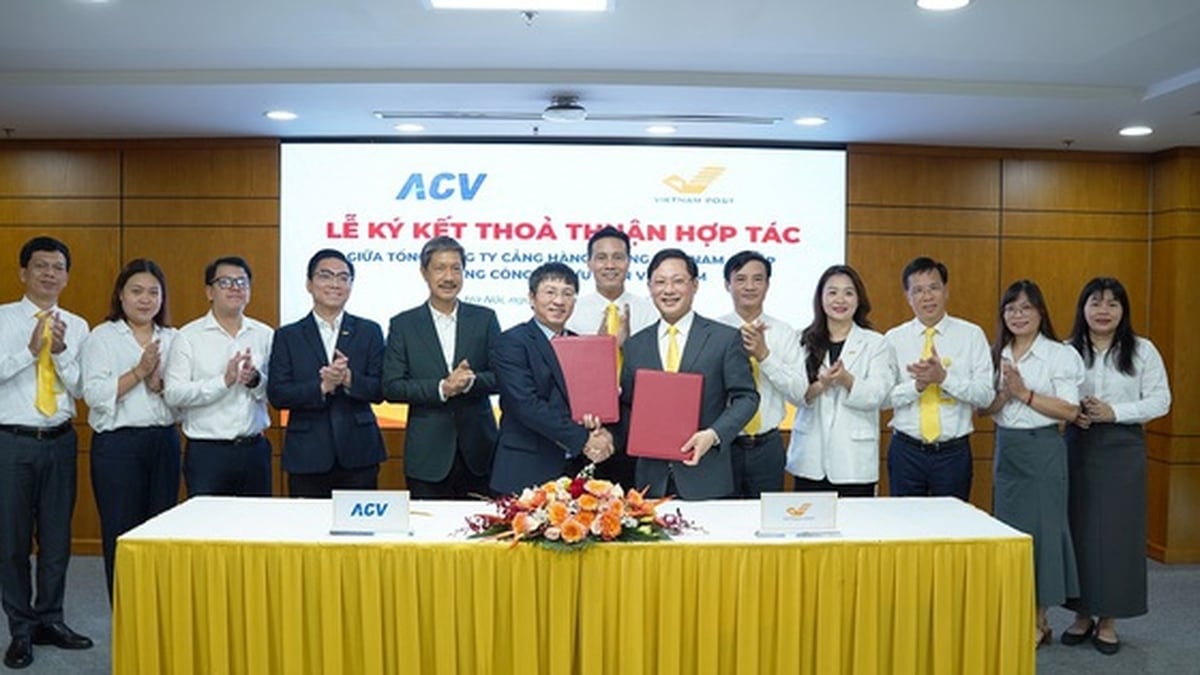
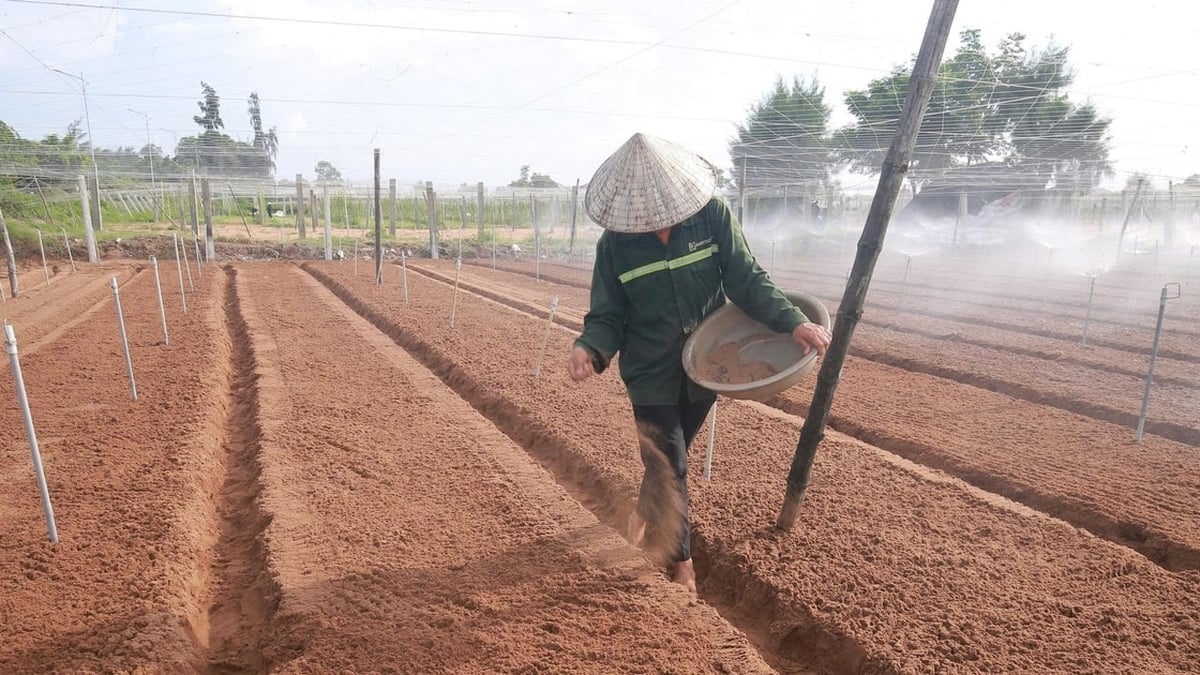










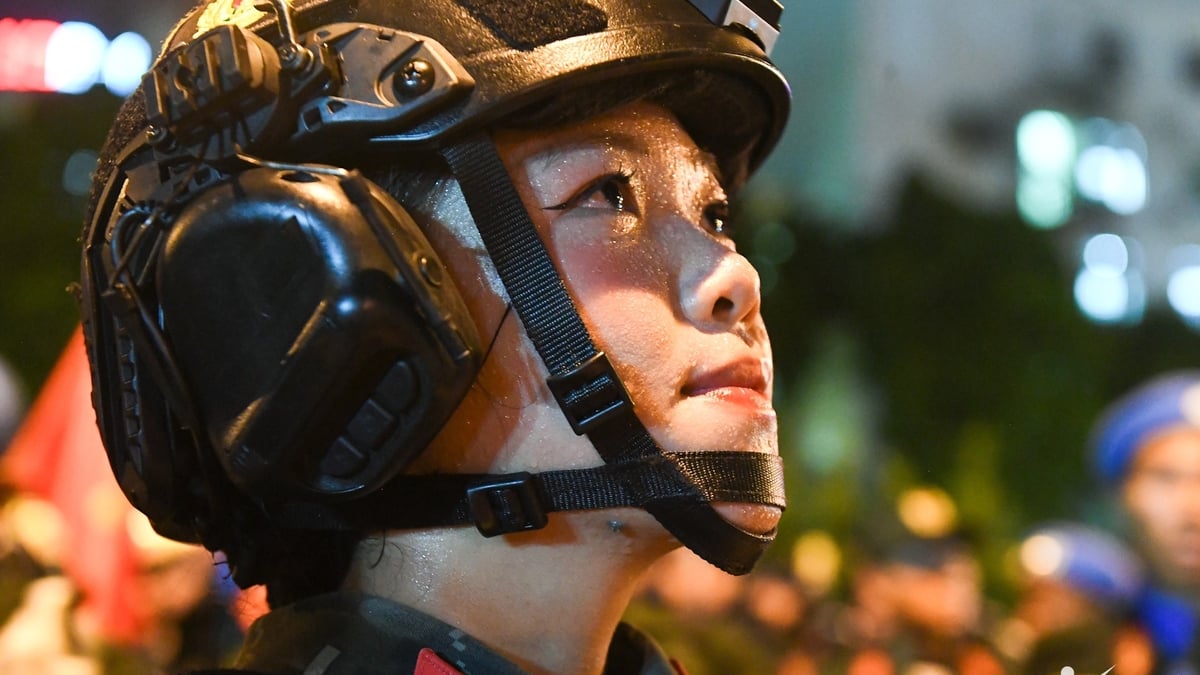



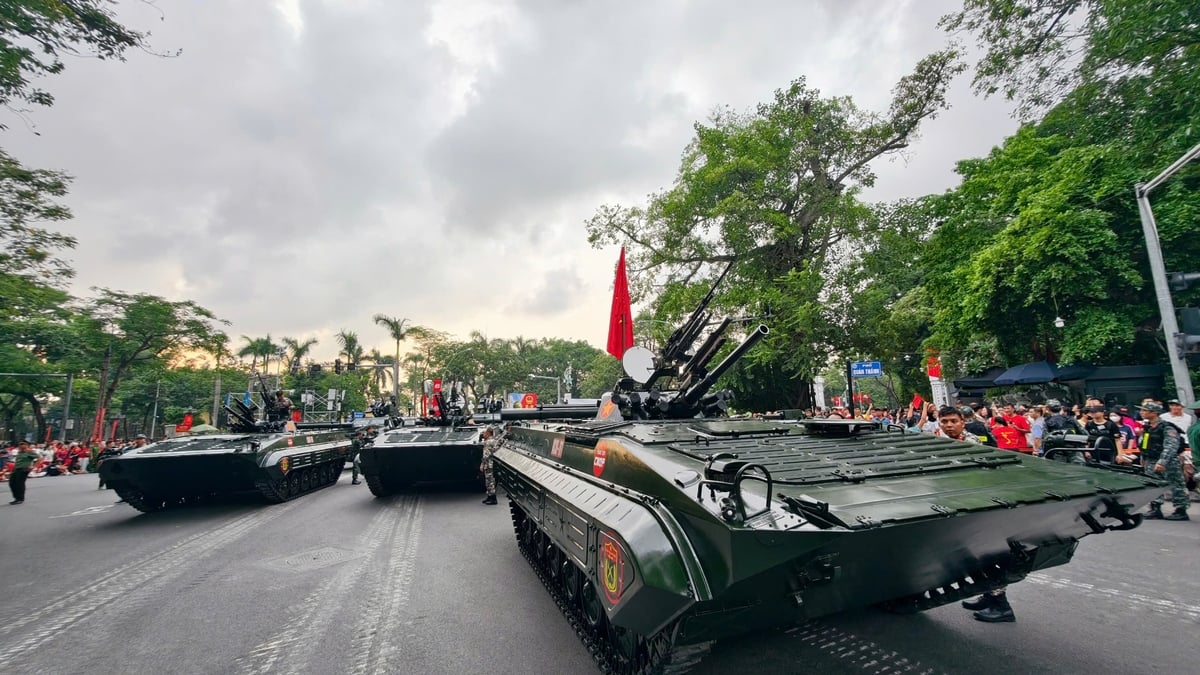



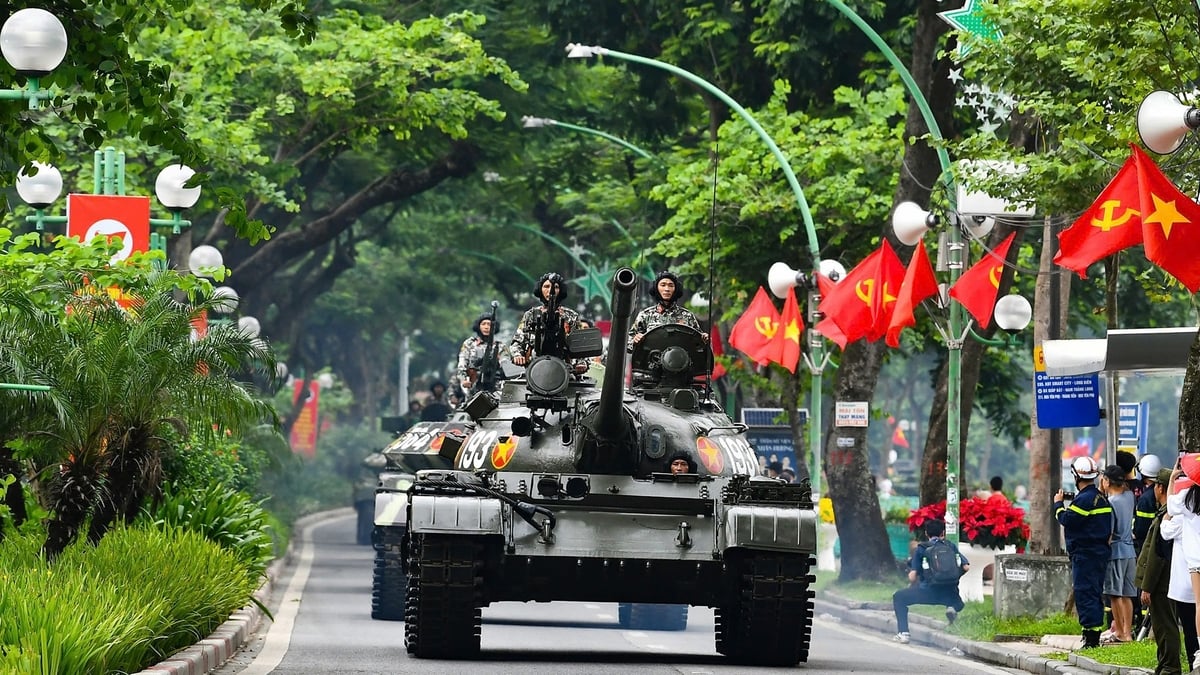














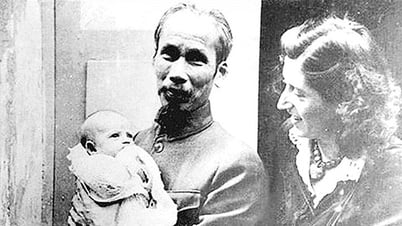














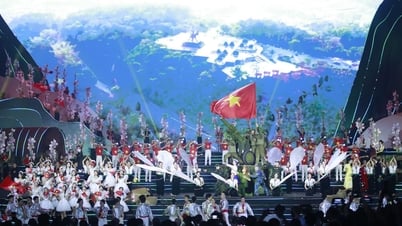



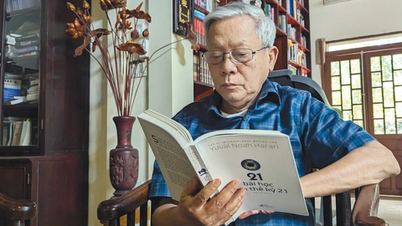
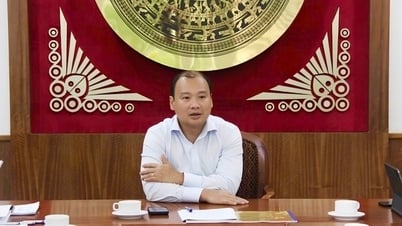



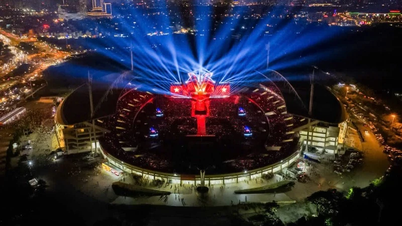


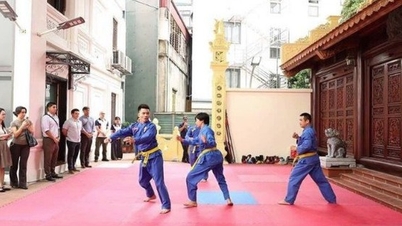


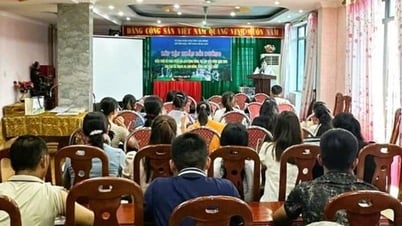













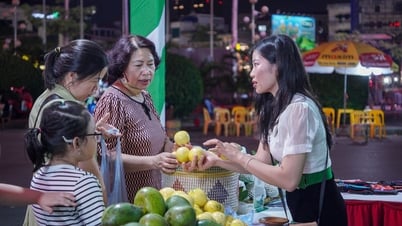

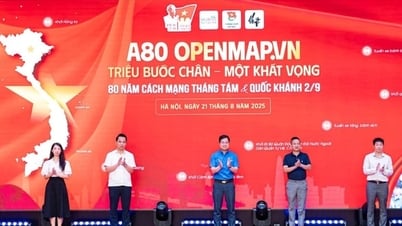






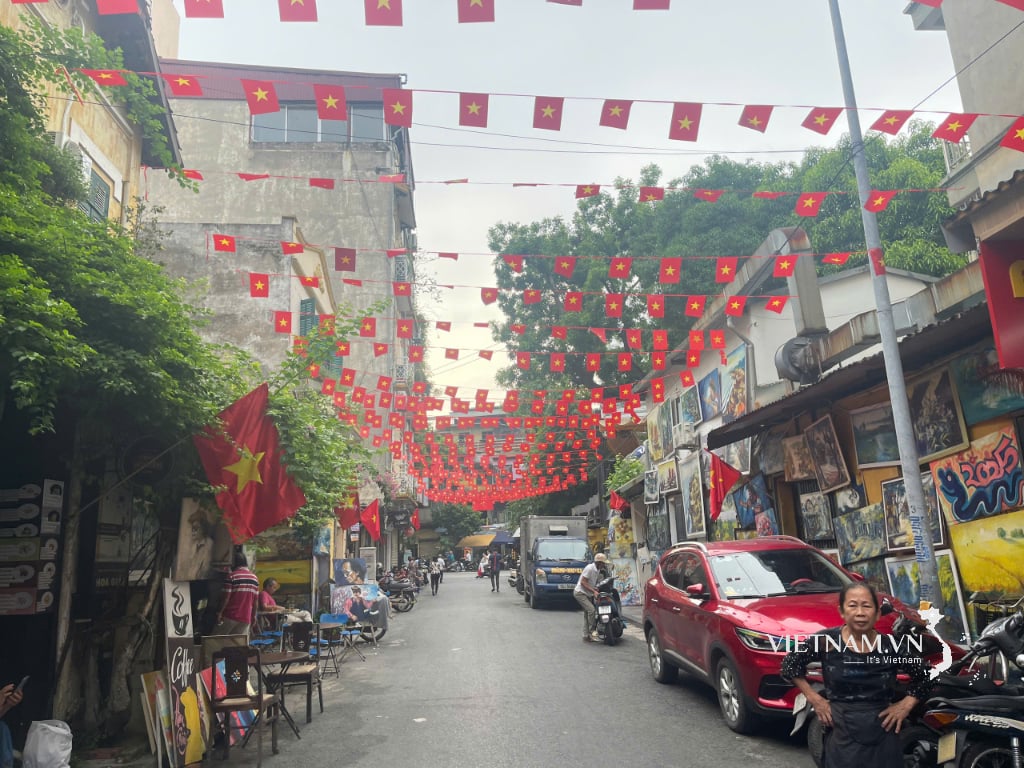

Comment (0)